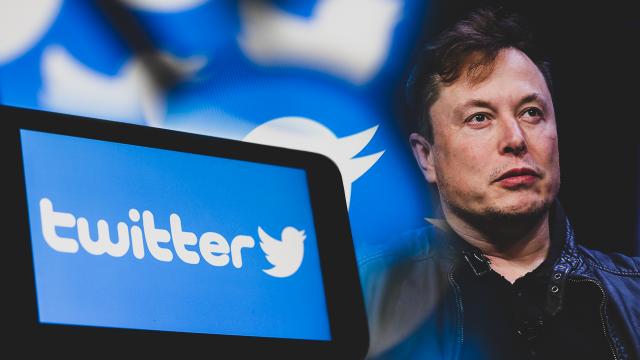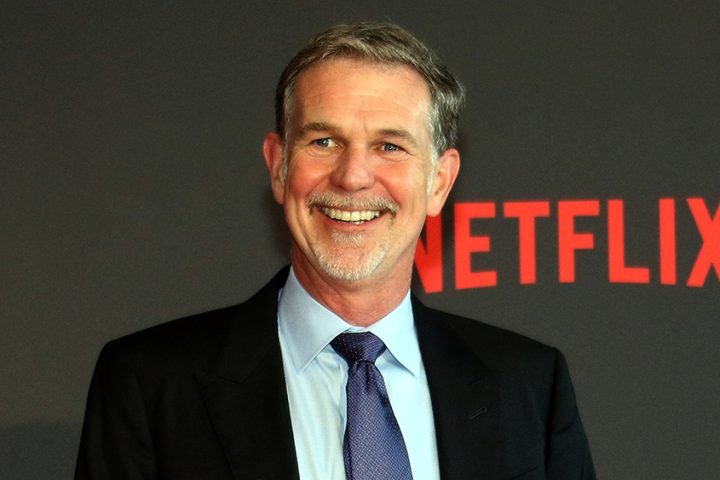Twitter was a runner-up social networking firm for many years. It was never as big and successful as Facebook or Instagram. It only struggled on.

Elon Musk, a fervent user of the site, then barged in. He said he could run Twitter far better if he were in control and made an offer to acquire it for $44 billion. He mocked Twitter’s management, criticized the company’s content guidelines, voiced complaints about the service, and misled the company’s more than 7,000 workers with his statements. Twitter’s shares fell more than 30% as Mr. Musk exposed the company’s poor commercial and financial outlook.
Now that Mr. Musk, a billionaire, is attempting to back out of the historic agreement, Twitter will unavoidably be in a worse situation than when he first declared he would purchase it. Mr. Musk has damaged staff morale, frightened potential advertisers, underscored the social media company’s financial struggles, and propagated false information about how Twitter functions with each scathing tweet and public insult.
- Twitter shares fell 5% after Musk backed out of the $44B transaction.
- “Alaska is ours!” – Billboards erected in Siberia
Twitter has lost the trust of advertisers.
Founder of Twitter and current member of its board of directors Jason Goldman said, “His participation with Twitter had a tremendous toll on the firm.” “Employees, advertisers, and the general market cannot have trust in a firm whose direction is unknown and which will now go to court to finalize a deal with a bad-faith actor,” the statement reads.
The dangerous circumstance highlights the reason Twitter plans to sue Mr. Musk as early as this week to compel the completion of the purchase. The court case is probably going to be huge and drawn out, requiring months of expensive litigation and competitive negotiations by top attorneys. A decision is far from clear; Twitter could prevail, but Mr. Musk might leave by paying a breakup fee if it loses. The parties might also agree to renegotiate or settle.
The harm done by Mr. Musk, 51, became clear on Monday. Investors were concerned about the impending legal dispute, which caused Twitter’s shares to drop more than 11% to one of its lowest levels since 2020. Since Mr. Musk’s takeover offer was accepted by Twitter on April 25, its stock has lost nearly a third of its value as investors have grown more doubtful that the deal would be completed as promised. (In comparison, the heavily weighted Nasdaq index for technology fell by around 12.5% during that time.)
Meetings between lawyers
On Monday, Twitter opted out of commenting. The company’s attorneys said in a letter to Mr. Musk’s attorneys on Sunday that his decision to end the arrangement was “invalid and unlawful” and that Mr. Musk had “knowingly, purposefully, willingly, and grossly broken” the terms of his purchase agreement. The letter also stated that Twitter will continue to notify Mr. Musk and try to complete the acquisition.
Requests for response from Mr. Musk were not answered. The billionaire, who has stated that he is unable to purchase Twitter due to the platform’s large number of false accounts, posted a photo of himself chuckling at the situation on Sunday.
— Elon Musk (@elonmusk) July 11, 2022
The most noticeable of all the damage Mr. Musk is leaving at Twitter may be how bluntly he revealed the company’s dimming financial and economic prospects. For seven of the nine years that Twitter has been a publicly traded corporation, it has functioned at a loss. People with knowledge of the case have stated that the business got no substantial interest from other suitors while considering Mr. Musk’s offer. The board of Twitter decided that Elon Musk’s offer of $54.20 per share was the best it could get, indicating that it did not see any other path to achieve that price.
No matter what happens with Elon, Mr. Goldman said, “the board’s lack of faith in the company’s long-term prospects will hover over workers, partners, and shareholders.”
Twitter’s business has been on the decline in recent months
Twitter’s business has declined in recent months. Twitter’s CEO, Parag Agrawal, said in a message to staff members in May that the firm had fallen short of its financial and strategic objectives. In order to fix the problems, he fired the directors of product and revenue, put a stop to recruiting, started a campaign to draw in new customers, and expanded into e-commerce. In anticipation of the transaction, the firm ceased providing investors with a forward-looking financial forecast in April.
Because advertisers, Twitter’s primary source of income, are uneasy about the transaction, this trajectory is unlikely to alter.
Twitter will struggle in the near future to reassure wary advertisers and users that they will remain stable, according to Media Matters for America president Angelo Carusone.
Mr. Musk claimed he could have done a lot better with the business, which was an apparent jab at Twitter’s senior management. He stated in a presentation to investors in May that he intended to reach 931 million users by 2028, up from 217 million at the end of the previous year, and to quintuple the company’s revenue to $26.4 billion.
In a letter sent to the Securities and Exchange Commission on Friday, Mr. Musk highlighted the financially directionless state of Twitter. His attorneys said that the company’s “declining commercial prospects and financial outlook” had caused him to stop, particularly in light of Twitter’s most recent “financial performance and lowered prognosis” for the next fiscal year.
The product has also received harsh criticism from Mr. Musk, who has more than 100 million followers on Twitter, who claims it is not as appealing as other applications. Without providing any supporting data, he has consistently said that Twitter has much more phony accounts than it has admitted, and that these accounts may be programmed to automatically post offensive or fraudulent information. Less than 5% of the accounts on the firm’s platform, according to the corporation, are false.
His jabs at phony accounts have damaged Twitter’s reputation at a time when the social media platform is getting ready to mediate contentious political debates surrounding an impending election in Brazil and the midterm elections this autumn in the United States, according to experts on disinformation.
Mr. Musk promised to roll back the company’s moderation standards in the sake of free speech in yet another critique of Twitter and the way it manages material. He promised to “lift the permanent ban” on former President Donald J. Trump from Twitter in May, restoring his access to the social media platform. That infuriated right-wing users, who have long accused the business of restricting them, and raised fresh concerns about how Twitter ought to handle discussions about the boundaries of free speech.
His jabs at phony accounts have damaged Twitter’s reputation at a time when the social media platform is getting ready to mediate contentious political debates surrounding an impending election in Brazil and the midterm elections this autumn in the United States, according to experts on disinformation.
He had promised to restore President Donald J. Trump’s access to the social media platform.
Mr. Musk promised to roll back the company’s moderation standards in the sake of free speech in yet another critique of Twitter and the way it manages material. He promised to “lift the permanent ban” on former President Donald J. Trump from Twitter in May, restoring his access to the social media platform. That infuriated right-wing users, who have long accused the business of restricting them, and raised fresh concerns about how Twitter ought to handle discussions about the boundaries of free speech.
Six current and former workers claim that the company’s low employee morale has caused internal conflict and attrition.
Those who are still present expressed relief that Mr. Musk seemed to have chosen not to be the company’s owner. According to internal communications seen by The New York Times, several people shared pessimistic memes on the company’s Slack or publicly lambasted Twitter’s board and leadership for even considering Mr. Musk’s offer. According to two persons who are familiar with the thinking of executives, there was a climate of grim resolve among them.
Twitter co-founder Evan Williams tweeted on Friday that Elon Musk’s shenanigans should come to a stop.
When it was revealed that Twitter planned to sue Mr. Musk and push the purchase through, Mr. Williams said, “If I were still on the board, I’d be asking if we can just let this whole unpleasant affair blow over.” “Hopefully, it is the intended outcome and this is a ceremony.”
A cartoon by Twitter employee Manu Cornet that depicted a broken corporation that had been accidentally knocked off a shelf by Mr. Musk’s reckless elbow captured the mood well. “You break it, you purchase it,” his caption said.




